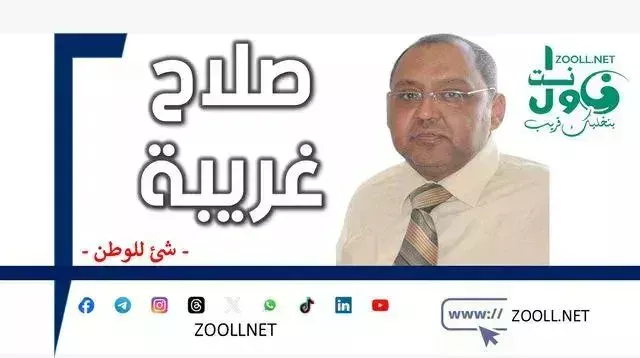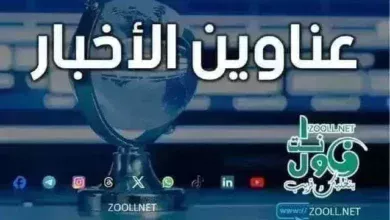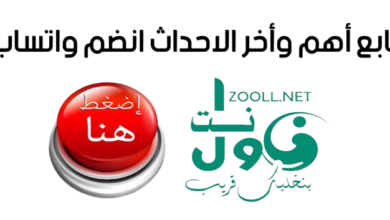The information revolution, a journey through time towards a better life at lower cost – a gesture for the homeland – ✍️ Mr. Salah Ghariba

On May 17 each year, the world celebrates Communications and Information Society Day, an important occasion to highlight the incredible journey of information and communications technologies (ICT), their central role in shaping our modern world and improving the lives of people around the world. world.
Recent decades have seen a massive revolution in information and communications technology, starting with the huge computers that took up entire rooms in the middle of the last century, through the digital revolution in the 1990s. 90 with the emergence of the Internet and mobile phones. , to artificial intelligence and machine learning in the current era, and these were not just technological changes, but profound transformations that affected the way we communicate, work, obtain information and even our way of thinking.
ICTs have become bridges that connect societies, facilitate the exchange of information and experiences and strengthen international cooperation. Thanks to the Internet, we can communicate with anyone anywhere in the world, share knowledge and innovations, and access endless sources of information and learning. The world is no longer just a small village, but has become an interconnected global network, where ideas and innovations can spread at lightning speed, creating new opportunities for cooperation and progress.
The benefits of ICT are not limited to communication, but extend to various aspects of our lives, from education and healthcare to agriculture and commerce. In the field of education, ICT offers new opportunities for distance learning and helps provide high quality teaching. education for all. , Regardless of location or socio-economic circumstances, through online educational platforms, students can access rich and diverse educational content, interact with teachers and students from around the world, and learn new skills essential for success in the 21st century. .
ICT is used to develop new diagnostic and treatment tools, improve access to health services and provide better patient care. With electronic health records, doctors can easily and quickly access patient information, helping them provide more accurate diagnoses and more effective treatment. Patients can also self-monitor their health using smartphone apps and get medical advice through online platforms.
ICT is used to improve agricultural productivity, reduce the use of pesticides and fertilizers and conserve natural resources. With smart irrigation systems, farmers can monitor soil moisture and nutrient levels and irrigate more efficiently. and diseases to increase productivity and improve harvest quality.
ICT is used to facilitate international trade, increase access to global markets and reduce business costs. Through e-commerce platforms, small and medium-sized businesses can reach new customers around the world, sell their products and services online and go digital. marketing tools. To reach their customers more effectively.
The challenges are the digital divide, as more than two billion people around the world are still not connected to the Internet, hindering their access to basic information and services, and digital inequality, as certain groups, such as women , girls and people with disabilities face greater challenges in accessing and using technology, in addition to digital threats: cybercrime, disinformation and data misuse present increasing risks for individuals and communities, as well as a shortage of digital skills, as many people lack the skills to take full advantage of them. ICT.
The opportunities lie in digital innovation. ICT can help find solutions to global challenges such as climate change, poverty, hunger and digital inclusion. Information technology can help connect people to each other and to basic services. stimulate communication, innovation and entrepreneurship, creating new jobs, and ICT can provide better educational opportunities for everyone, regardless of location or origin.
Advancing international cooperation, addressing challenges and taking advantage of opportunities requires an international effort by governments, the private sector and civil society, as well as investments in information and communications technologies , because it is necessary to invest in digital infrastructure and skills to ensure access to technology for all. information and communications technologies, while developing smart policies, and in this area, governments must develop policies that promote the responsible and sustainable use of ICT and ensure that ICT is accessible to all, including including disabled people.
World Telecommunication and Information Society Day provides an opportunity to reflect on how ICT can be used to build a better future for all.
Source link




